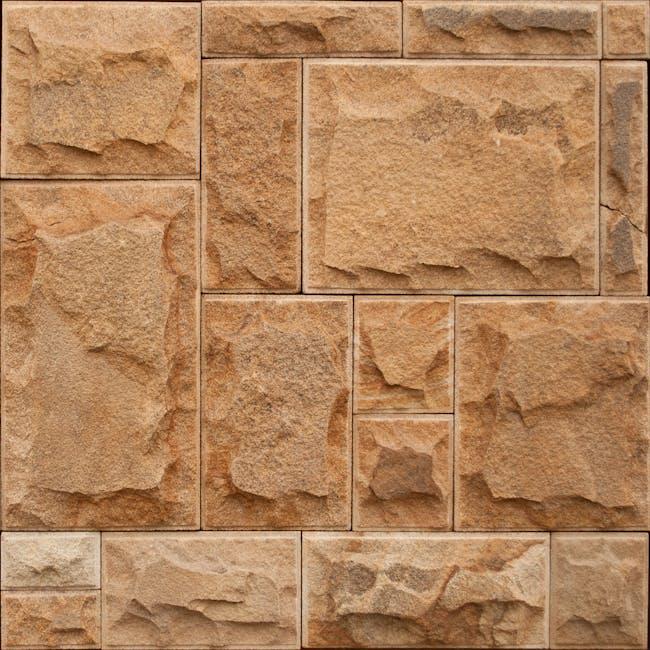
Unlicensed Veneer Providers Pose Health Risks, Dentists Warn – KEYE
As cosmetic dentistry continues to grow in popularity, dental veneers have become one of the most sought-after treatments for achieving a radiant smile. However, recent warnings from dental professionals, including those featured on KEYE, have highlighted the critical dangers associated with getting veneers from unlicensed veneer providers. This article aims to educate readers on the risks these illegal providers pose and offer practical advice on how to safely obtain quality dental veneers.
Understanding Dental Veneers and Their Popularity
Dental veneers are thin shells, typically made from porcelain or composite resin, that cover the front surface of teeth. They correct a variety of dental flaws such as discoloration, chips, gaps, and misaligned teeth, creating a flawless, natural look.
Why Veneers Are So Popular
- Instant aesthetic enhancement
- Durable and stain-resistant materials
- Minimally invasive compared to other dental treatments
- Boosts confidence and self-esteem
The Rising Threat: Unlicensed Veneer Providers
The surge in demand for affordable cosmetic dental solutions has unfortunately opened the door for unlicensed veneer providers, sometimes operating out of unregulated clinics or even at home. These providers often lure clients with promises of quick, low-cost procedures but lack proper training and certification.
Common Signs of Unlicensed Veneer Providers
- No verifiable dental credentials or license
- Extremely low prices compared to market value
- No detailed consultation or dental examination
- Use of outdated or low-quality materials
- Pressure tactics to get immediate payment
Health Risks Linked to Unlicensed Veneer Procedures
Dentists strongly caution against using unlicensed veneer providers due to a wide array of health complications that can arise. Below is a table outlining some common risks:
| Risk | Description | Potential Consequences |
|---|---|---|
| Improper Fit & Bonding | Poorly crafted veneers can cause gaps, discomfort, or chip easily. | Tooth decay, gum irritation, and veneer failure |
| Infection | Unsterilized tools and poor hygiene standards increase infection risk. | Gum disease, abscesses, systemic infections |
| Dental Nerve Damage | Incorrect tooth preparation may damage nerves causing sensitivity or pain. | Chronic discomfort, possible root canal |
| Unknown Material Use | Non-approved materials may be toxic or cause allergic reactions. | Oral inflammation, long-term health effects |
Legal and Financial Consequences of Unlicensed Veneer Services
Beyond health dangers, receiving treatments from unauthorized providers may lead to:
- No legal recourse: Unlicensed operators are harder to trace and often evade accountability.
- Wasted money: Temporary veneers might require costly replacements or repairs.
- Insurance limitations: Many health or dental insurance plans do not cover procedures done by unlicensed providers.
How to Safely Choose a Licensed Veneer Provider
Choosing the right dental professional ensures both safety and long-lasting, beautiful results. Here are practical steps:
Practical Tips for Finding Licensed Veneer Providers
- Verify Credentials: Check if the dentist holds a valid license through your state dental board.
- Ask for Referrals: Seek recommendations from family, friends, or your primary dentist.
- Read Reviews: Look for patient testimonials online to gauge reputation.
- Schedule a Comprehensive Consultation: A professional dentist will conduct thorough exams and discuss all treatment options.
- Request Before-and-After Photos: Evaluate the provider’s previous work quality.
Case Study: The Consequences of Choosing Unlicensed Providers
Consider the case of Jane, a 32-year-old who opted for veneers from an unlicensed clinic offering “super cheap” services. Within weeks, Jane experienced severe gum inflammation, sensitivity, and discoloration around the veneers. Upon consulting a licensed dentist, she learned that the veneers were poorly fitted and contained subpar materials causing allergic reactions. The corrective procedures required root canals and replacement veneers, costing Jane significantly more – both financially and in discomfort – than if she had visited a licensed practitioner from the start.
Benefits of Choosing Licensed Dental Veneer Providers
- Higher Quality Materials: Use of FDA-approved veneers with proven durability.
- Proper Hygiene and Sterilization: Reduces infection risks significantly.
- Tailored Treatment Plans: Customized for your dental anatomy and goals.
- Post-Procedure Care: Follow-ups and support for long-lasting results.
- Legal Protection: Your rights are protected under dental practice regulations.
Final Thoughts: Your Smile Deserves the Best Care
Veneers can transform your smile and boost your confidence, but only when performed by qualified, licensed dental professionals. The warnings from dentists and news sources like KEYE should serve as a red flag against the risks of unlicensed veneer providers. By choosing expert care, you ensure not only a stunning smile but also protect your oral health and overall wellbeing.
If you’re considering veneers, take the time to research thoroughly, ask questions, and prioritize licensed practitioners. Your smile—and your health—are worth it.
Remember: When it comes to dental care, cutting corners can cost you dearly.


